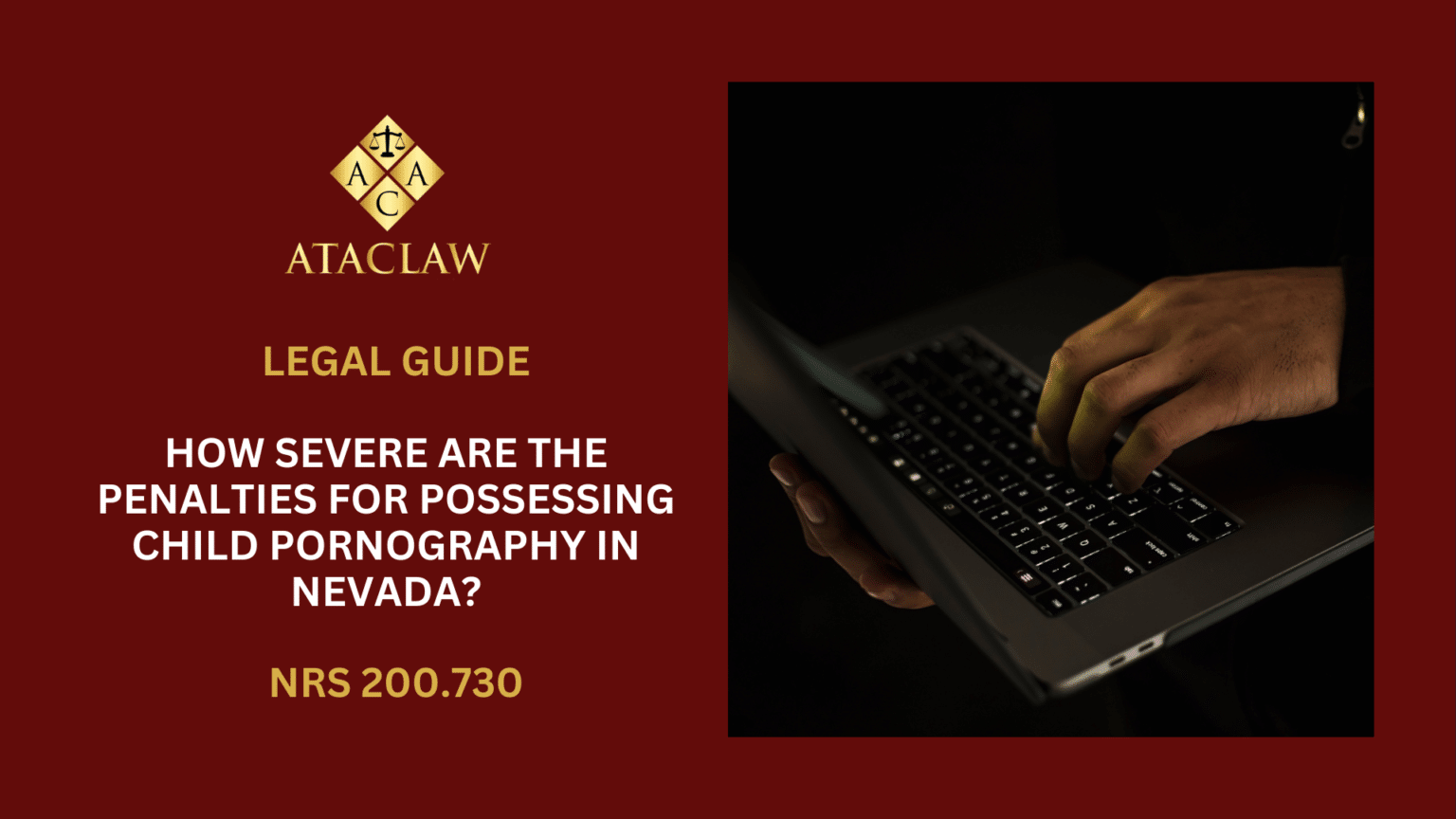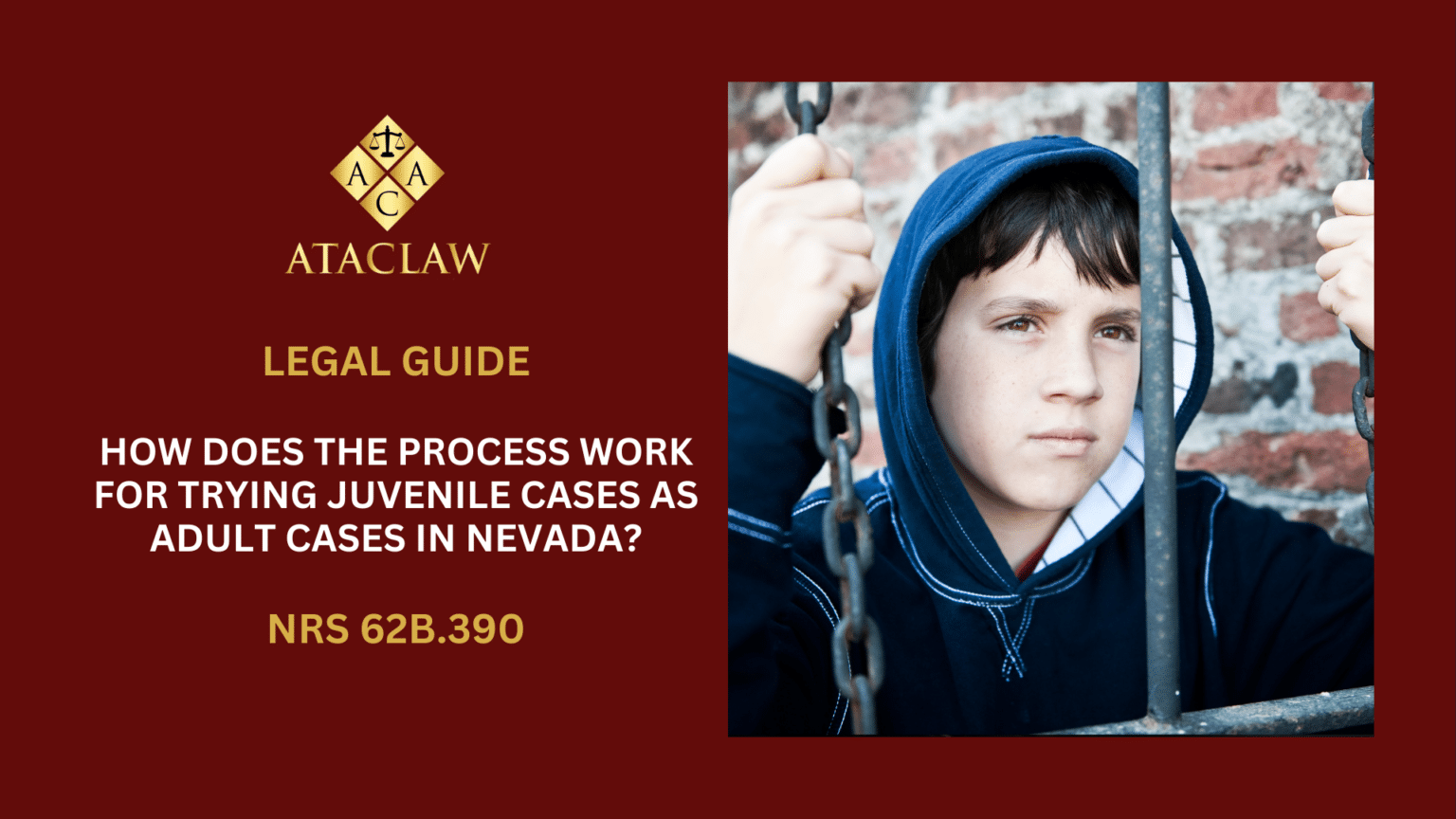In the eyes of Nevada law, mortgage fraud isn’t just a minor slip-up. It’s a deliberate act of misrepresenting material information to secure loan benefits unfairly. This could range from embellishing your income on a loan application, partaking in dubious refinancing schemes, to manipulating property appraisals for a higher loan amount. Considering the high stakes involved, the state doesn’t tread lightly on these transgressions.
A single instance of mortgage fraud in Nevada is treated as a category C felony, which could land you 1 to 10 years in Nevada State Prison and impose fines of up to $10,000. The stakes are even higher for repeated offenses or patterns of fraud, escalating to a category B felony, translating to 3 to 20 years behind bars and up to $50,000 in fines.
What Do You Need to Know About Mortgage Fraud in Nevada?
In Nevada, mortgage fraud refers to any misleading activities carried out during mortgage transactions with the intent of financial gain. This kind of fraud can involve a variety of participants, such as homebuyers, homeowners, loan officers, mortgage brokers, real estate agents, escrow agents, and appraisers. Fraud can occur when any of these individuals or a combination thereof engage in deceitful acts significantly impacting mortgage lending processes. Such activities are considered criminal fraud.
Understanding the Various Forms of Mortgage Fraud in Nevada
The State’s Attorney General has identified several predominant schemes of mortgage fraud. These include schemes related to false loan modifications, where homeowners desperate to avoid foreclosure are tricked by unaffiliated private companies into paying upfront fees for services that are never provided. Other common forms involve submitting fraudulent loan applications with incorrect information regarding the applicant’s income, debts, identification, or the ability to repay the mortgage. Additionally, fraud can occur through false appraisals, where home values are inflated through unethical agreements with appraisers, contravening NRS 205.372.
For instance, consider the scenario involving Alex, a property appraiser in North Las Vegas. Facing financial pressures, Alex consents to provide exaggerated property appraisals for a fee, intended to cover personal debts. This act, if discovered, could result in both Alex and any accomplices facing legal repercussions for mortgage fraud. It’s imperative to recognize that engaging in or benefiting from fraudulent mortgage activities, knowingly, renders one liable under Nevada law.
Furthermore, in Nevada, every fraudulent mortgage transaction is treated as a distinct offense, potentially leading to multiple charges against the individuals involved, even if those transactions pertain to the same property or involve the same parties.
Special Categories of Mortgage Fraud
Nevada recognizes specific patterns of mortgage fraud, including schemes involving straw buyers, illegal property flipping, foreclosure scams, and predatory lending practices. Each of these has distinctive characteristics and legal implications.
Federal Oversight and Penalties for Mortgage Fraud
Mortgage fraud is not solely a state concern but also a federal one, attracting the attention of the FBI. At the federal level, mortgage fraud can encompass crimes like mail fraud, wire fraud, and bank fraud, each carrying its own set of penalties and legal processes. Whether cases are prosecuted at the state or federal level, or both, depends on the specifics of the alleged fraud.
Procedural Aspects of Investigating Mortgage Fraud
When there’s a suspicion of mortgage fraud, financial institutions are required to file suspicious activity reports (SARs) with the authorities. Various investigative techniques, including surveillance, undercover operations, and data analysis, are then employed to substantiate or dispel these suspicions. Following an investigation, if there’s sufficient evidence of fraudulent activity, the case may be escalated for prosecution.
What Are the Legal Consequences of Committing Mortgage Fraud in Nevada?
Mortgage fraud in Nevada is taken very seriously and carries significant penalties that can impact the rest of your life if you are convicted. Understanding these consequences is crucial for anyone involved in the real estate industry, from buyers to brokers.
State Penalties for Mortgage Fraud in Nevada
Under Nevada law, the severity of the penalties for mortgage fraud, as described in NRS 205.372, depends on the nature of the offense:
1. Single Incident of Mortgage Fraud
Classified as a Category C felony, this offense can lead to:
- 1 to 10 years in prison
- Fines up to $10,000
- The court may also order restitution payments and impose a $5,000 civil fine.
2. Repeated Mortgage Fraud (Pattern of Mortgage Lending Fraud)
This is considered a Category B felony and is punished more severely:
- 3 to 20 years in prison
- Up to $50,000 in fines
- Plus, similar to a single offense, restitution and an additional civil fine of $5,000 may be ordered.
With the gravity of these penalties, assistance from a reputable law firm like ATAC LAW can be indispensable. Negotiations facilitated by experienced defense attorneys may reduce the charges or even lead to their dismissal.
Federal Penalties for Mortgage Fraud-Related Crimes
Federal laws also address various activities commonly associated with mortgage fraud, each carrying its set of penalties:
- Mail and Wire Fraud:
- Up to 20 years in prison for mail fraud and substantial fines.
- Wire fraud charges can lead to up to 30 years in prison and fines up to $1,000,000.
- Bank Fraud:
- This serious offense can result in up to 30 years in prison and up to $1,000,000 in fines.
- Interstate Transportation of Funds Obtained by Fraud:
- Penalties include fines and up to 10 years in prison.
- False Statements to Financial Institutions or Government Agencies:
- Convictions could lead to up to 30 years in prison and fines reaching $1,000,000.
- Money Laundering and Identity Theft:
- Imprisonment could go up to 20 years for money laundering and 15 years for identity theft, accompanied by hefty fines.
- Aggravated identity theft includes an additional penalty of up to 5 years.
- Miscellaneous Frauds:
- Using false names or addresses and false social security numbers can lead to 5 years in prison along with fines.
Could I Face Deportation for Mortgage Fraud in Nevada?
Yes, mortgage fraud may lead to deportation. In Nevada, according to NRS 205.372, it is classified as an aggravated felony, which falls under deportable crimes for non-U.S. citizens.
How Can You Defend Yourself Against Mortgage Fraud Charges in Nevada?
Facing charges of mortgage fraud in Nevada can be a daunting experience. Understanding the possible defenses can provide clarity and options for those accused. When facing these legal challenges, it’s essential to explore all avenues of defense, two of which are particularly noteworthy: arguing the absence of fraudulent intent and asserting police misconduct during evidence collection.
- Arguing the Absence of Fraudulent Intent
In Nevada, being convicted of mortgage fraud, as outlined under NRS 205.372, requires proof of specific intent to defraud. This underlines the importance of intent in such cases. A viable defense, therefore, hinges on demonstrating that any misleading information was not provided with the intent to deceive.- Consider the scenario where Taylor unintentionally submits incorrect financial information while applying for a mortgage in Henderson. For example, imagine a clerical error made it seem like Taylor’s income was significantly higher than it actually was. Should this error come to light, Taylor could potentially face charges under NRS 205.372. However, if it can be shown that the misinformation was not intentionally provided, charges might be dismissed, especially given Nevada courts’ understanding of the challenges regular citizens face in facing the complex real estate market.
- It’s important to highlight that courts tend to extend more leniency towards ordinary individuals who make unintentional errors compared to real estate professionals, who are expected to have a deeper understanding of the intricacies involved.
- Asserting Police Misconduct in Evidence Collection
Another powerful defense lies in challenging the legality of how evidence against you was obtained. Allegations of police misconduct, particularly illegal search and seizure, can significantly impact your case. A defense attorney from ATAC LAW might contest the admissibility of evidence if it was acquired unlawfully.- A successful motion to suppress this evidence could lead to a dismissal of the case due to insufficient proof. The foundational principle here is that the prosecution must establish guilt beyond a reasonable doubt without relying on evidence obtained through violations of legal procedures.
Legal Assistance Matters
Facing mortgage fraud charges in Nevada and presenting a robust defense requires a comprehensive understanding of the law and meticulous attention to detail. Partnering with ATAC LAW ensures that individuals facing such charges are guided by seasoned legal professionals equipped to explore every possible defense strategy, including challenging the intent behind alleged actions and scrutinizing the legality of evidence-collection methods.
Is It Possible to Have a Mortgage Fraud Case Sealed in Nevada?
Yes, in Nevada, if you’ve been convicted under NRS 205.372 for mortgage fraud, you’re eligible to have your case sealed five years after the case concludes. However, if the charges are dismissed and you’re not convicted, you can begin the record-sealing process immediately.
For further legal assistance and to discuss your case with an expert, don’t hesitate to contact ATAC LAW.




